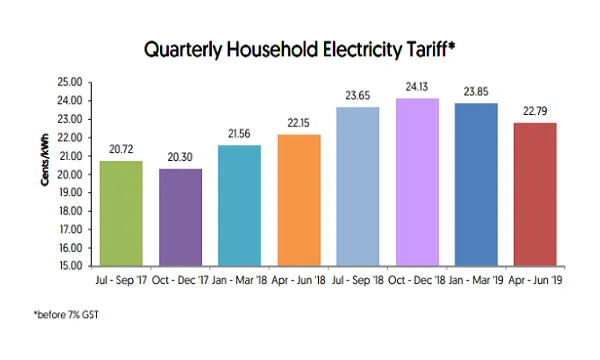
Singapore electricity tariff to fall 4.7% in Q2
This is due to the lower cost of natural gas for electricity generation compared to the previous quarter.
Electricity tariffs in Singapore will drop by an average of 4.7% QoQ or 1.10 cents/kWh from 1 April to 30 June (Q2) due to the lower cost of natural gas for electricity generation compared to the previous quarter, an announcement by SP Group revealed.
For households, the electricity tariff, before 7% GST, will decrease from 23.85 to 22.79 cents/kWh for the three-month period. The average monthly electricity bill for families living in four-room HDB flats is said to drop by $3.62.
SP Group reviews the electricity tariffs quarterly based on guidelines set by the Energy Market Authority (EMA), the electricity industry regulator. The tariffs have been approved by the EMA.
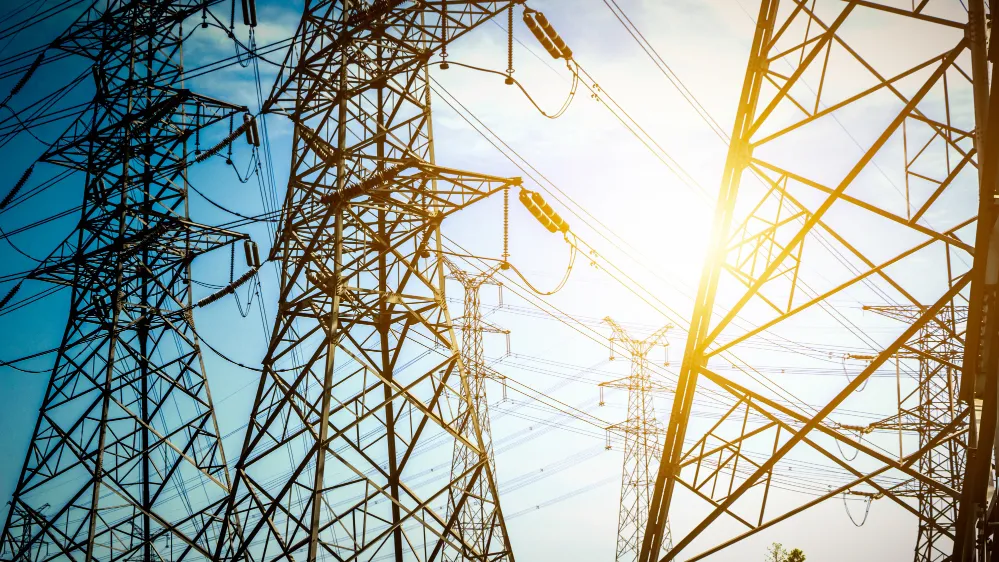
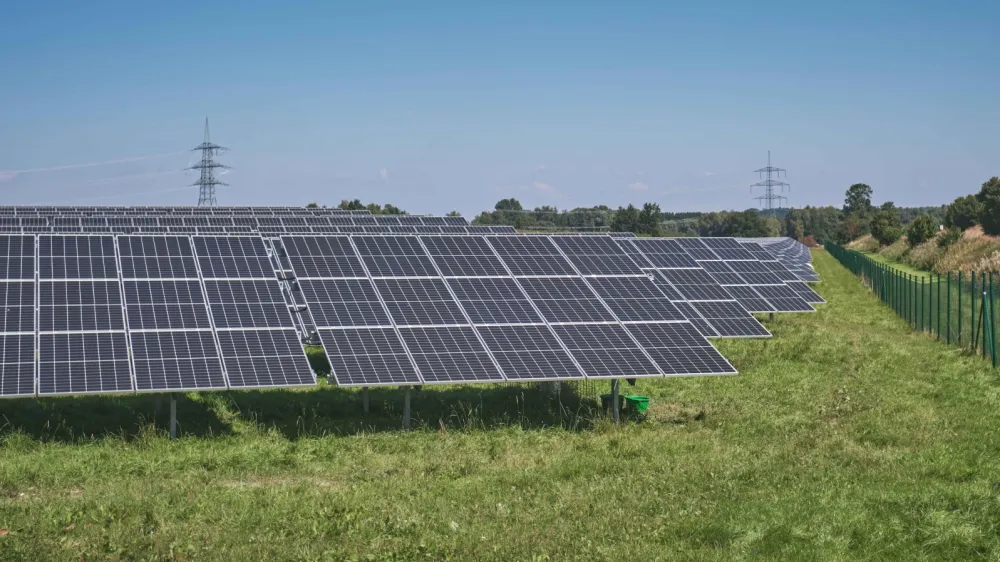
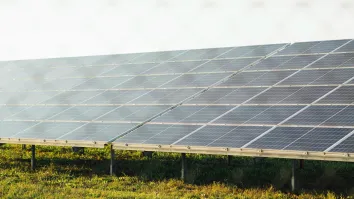
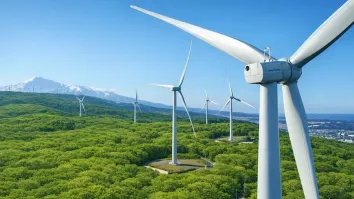
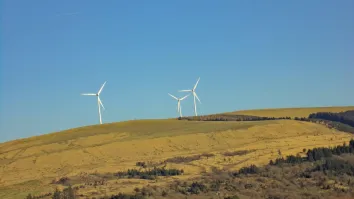
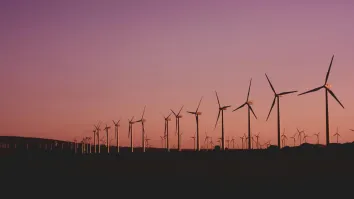













 Advertise
Advertise









